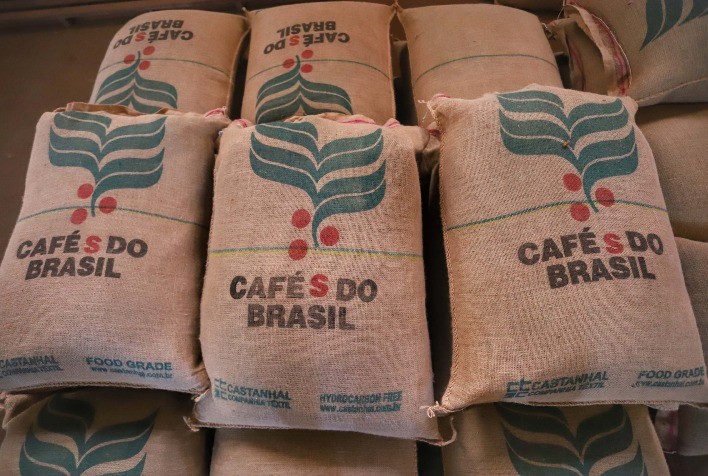ApexBrasil President Jorge Viana highlights the sector’s growth potential and the importance of preparing for the international market
The specialty coffee sector is on the rise, with projections indicating that the global market will reach US$152.69 billion by 2030, according to a study by the consultancy Brainy Insights. This trend, which represents an average growth rate of 12.32% per year, opens up significant opportunities for small Brazilian producers. Data from the Brazilian Specialty Coffee Association (BSCA) shows that these producers are responsible for 80% of the total production of specialty coffees in Brazil.
Currently, specialty coffees represent around 20% of the national coffee harvest, estimated at 58 million bags for the 2023-2024 harvest, according to the National Supply Company (Conab). “The specialty coffee segment is booming. With the appreciation of national coffee, it is possible for Brazilian producers to increase their share of the global market”, says Jorge Viana, president of the Brazilian Trade and Investment Promotion Agency (ApexBrasil).
Specialty coffee follows a similar trajectory to that of wine, with an emphasis on the appreciation and certification of its origin, processing and characteristics. The two most economically relevant types are Arabica coffee (Coffea arabica), which represents more than 55% of global production, and Robusta coffee (Coffea canephora). Generally grown on small properties, these specialty beans offer an opportunity for Brazilian producers to enter the international market with value-added products. “Coffee is the second most consumed liquid in the world. Today’s consumers value the origin and sustainable practices (ESG) in cultivation. ApexBrasil is prepared to connect these entrepreneurs with international buyers and promote the excellence of Brazilian coffee”, highlights Viana.
Definition and Quality of Specialty Coffees
Specialty coffees are defined by BSCA as those that obtain a minimum score of 80 on a sensory evaluation scale of up to 100 points, according to the criteria of the Specialty Coffee Association (SCA) and the Coffee Quality Institute (CQI). For Arabica coffee, the criteria include fragrance, uniformity, absence of defects, sweetness, flavor, acidity, body, finish and harmony. In addition to superior quality, these coffees must have certified traceability and meet environmental, economic and social sustainability criteria.
Evolution of Consumption and Brazil’s Position in the Market
The consumption of specialty coffees has evolved in different waves since the 1990s. BSCA executive director Vinícius Estrela explains: “The first wave was industrialization, which expanded domestic consumption. The second wave involved ‘gourmet’ consumption in coffee shops. The third wave focused on sustainable production and connection with the producer. Currently, the fourth wave is the appreciation of specialty coffees, with new sensory profiles and greater recognition of the producer.”
Brazil stands out for the high quality of its beans, with Minas Gerais being the largest producer of specialty coffees in the country. The production of Robusta coffee, well adapted to the Amazon soil, is predominant in Espírito Santo, while states such as Rondônia and Acre have also contributed significantly. The main importers of these coffees are the United States, Canada, China, South Korea, Japan, Spain, Germany, Italy and the United Arab Emirates. Brazil leads the production and export of coffee, surpassed only by Vietnam and Colombia.
Advances in Exports to the Chinese Market
Brazilian coffee has gained prominence in China, a country traditionally known for its tea consumption. In the month that marks the 50th anniversary of diplomatic relations between Brazil and China, Luckin Coffee, the leading Chinese coffee chain, visited ApexBrasil to strengthen the partnership and promote national coffee. The goal is to expand the presence of Brazilian specialty coffees in the international market, supporting and qualifying small producing companies to meet the growing global demand for high-quality products.
Source: Portal do Agronegócio

